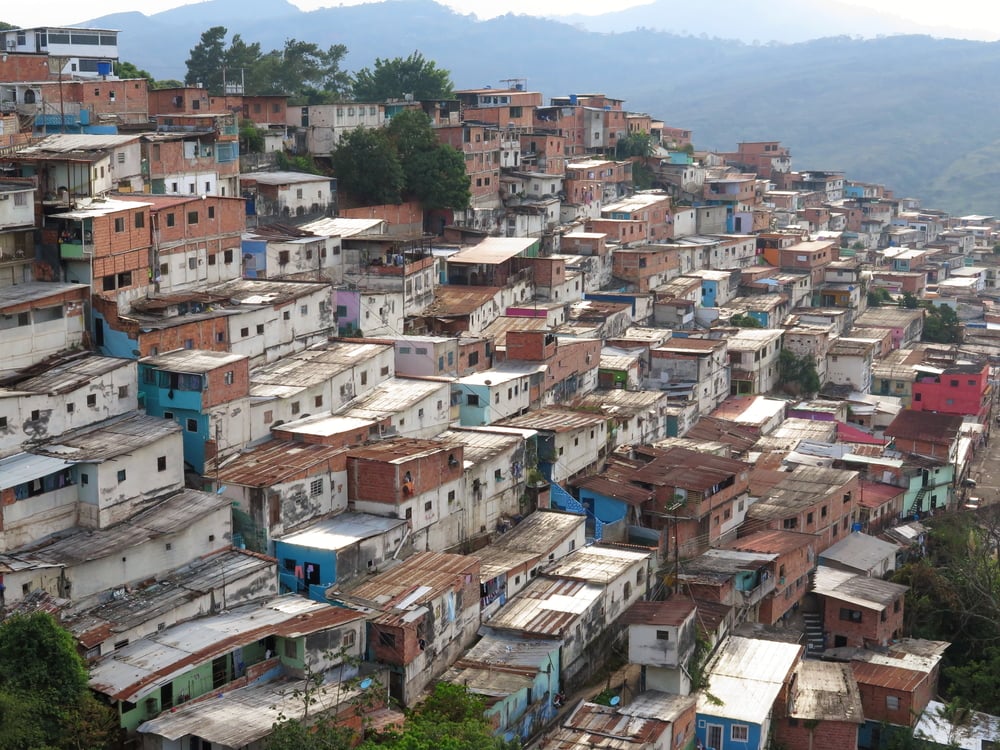Venezuelans Keep Surviving Government Failures Thanks to Bitcoin and Other Cryptocurrencies

Cryptocurrency adopters in Venezuela are currently surviving government failures partly thanks to digital currencies, such as bitcoin and dash, which help them buy food and groceries from other countries.
As previously covered by CCN.com, hyperinflation and government policies prevent most people in the country from accessing foreign currencies, which led to a serious of problems, including food becoming barely affordable. Those who deal with foreign customers or buy from abroad, for example, were forced to turn to digital currencies which, right now, are in a gray area in the country.
According to Der Standard , neither Western Union nor PayPal work in Venezuela. As such, people need to use platforms such as Cryptobuyer, a Venezuela-based cryptocurrency brokerage, which has over 10,000 registered users according to its co-founder Jorge Farias. He stated (translated statement):
“The transaction takes a few minutes, our commission is three to seven percent lower than the banks, and our exchange rate is regulated by supply and demand, making it more realistic than the official”
Venezuelan residents then use their bitcoins to, for example, acquire gift cards they can use in online marketplaces such as Amazon, effectively allowing them to purchase goods from abroad. Recently, Cryptobuyer set up a bitcoin ATM in Banistmo Bank, in Panama, which helps bitcoiners transfer cryptocurrencies to their relatives in Venezuela.
Bitcoin Still Unused by Most of the Population
Bitcoin is still a niche currency in the country, so much so that according to former president of the Venezuelan Federation of Chambers of Commerce (FEDECAMARAS) Noel Alvarez, most of the population may still not have access to the cryptocurrency. He stated:
“A maximum of one per cent of the population has access to it, but it is very useful in our situation, and I have had good experiences with it, but the volume is still far too small for major operations.”
Investors are still not convinced by digital currencies such as bitcoin and dash, despite them being a safe haven against government regulations and hyperinflation. One of the factors keeping cryptocurrency adoption from growing, according to the Austrian publication, is the fact that these currencies are ‘stored’ in people’s phones, and Venezuela is a country in which crime is fairly common.
Moreover, digital currencies aren’t regulated in the country, and Venezuela’s past bitcoin crackdown, in which the country’s state-owned internet service provider, CANTV, blocked bitcoin-related websites and mining pools, and the country’s biggest exchange, SurBitcoin, was forced to shut down operations after Banesco bank closed its account. A mining center was also taken down by authorities in Valencia in Carabobo state.
Featured image from Shutterstock.